Home>Gardening & Outdoor>Landscaping Ideas>What Kind Of Grass To Have In Georgia
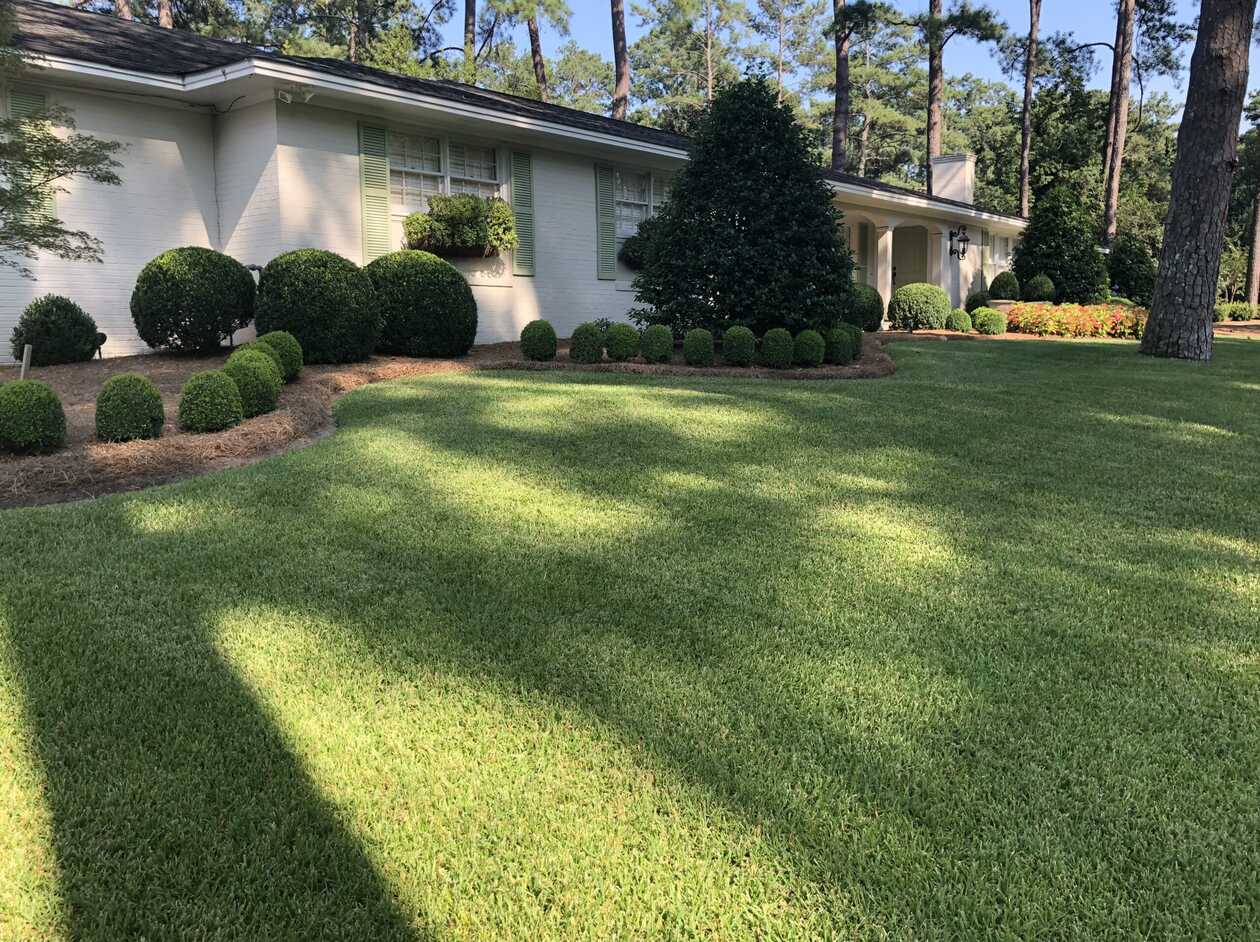

Landscaping Ideas
What Kind Of Grass To Have In Georgia
Modified: February 18, 2024
Discover the best landscaping ideas for Georgia with the perfect grass types to enhance your outdoor space. Learn about the ideal grass varieties for a lush and vibrant lawn.
(Many of the links in this article redirect to a specific reviewed product. Your purchase of these products through affiliate links helps to generate commission for Storables.com, at no extra cost. Learn more)
Introduction
When it comes to creating a lush, vibrant lawn in Georgia, choosing the right type of grass is crucial. The state's diverse climate, with its hot and humid summers and mild winters, presents a unique set of challenges for homeowners and landscapers. Understanding the characteristics of different grass species and their suitability to Georgia's climate is essential for achieving a thriving and resilient lawn.
Selecting the ideal grass for your Georgia lawn involves considering various factors, including the region's climate, soil type, and maintenance requirements. Warm-season and cool-season grasses each have distinct attributes that make them suitable for specific conditions. By exploring the characteristics of these grass types and identifying the best options for Georgia, you can make an informed decision that will contribute to the beauty and longevity of your lawn.
In the following sections, we will delve into the specific attributes of warm-season and cool-season grasses, highlighting their unique characteristics and the environments in which they thrive. We will then narrow down the best grass options for Georgia, taking into account the state's climate and soil conditions. Additionally, we will discuss the key factors that homeowners and landscapers should consider when selecting the most suitable grass for their Georgia lawn.
By the end of this comprehensive guide, you will have a clear understanding of the diverse grass options available for Georgia, empowering you to make an informed decision that aligns with your specific lawn care needs and preferences. Let's embark on this journey to discover the perfect grass varieties for your Georgia landscape.
Key Takeaways:
- Choose Bermuda grass for a vibrant Georgia lawn. Its heat tolerance and quick recovery from foot traffic make it perfect for hot summers, offering a visually appealing and resilient option.
- Consider Kentucky bluegrass for year-round greenery. Its cold tolerance and lush appearance make it ideal for Georgia’s cooler seasons, providing consistent visual appeal throughout the year.
Read more: What Kind Of Grass Does Lambeau Field Have
Warm-Season Grasses
Warm-season grasses are well-suited to the climate of Georgia, thriving in the state's hot and humid summers. These grasses exhibit optimal growth during the warm months and tend to become dormant or turn brown during the cooler winter season. Their ability to withstand high temperatures and drought conditions makes them an excellent choice for Georgia's climate.
Characteristics of Warm-Season Grasses
-
Drought Tolerance: Warm-season grasses, such as Bermuda grass and Zoysia grass, have remarkable drought tolerance, enabling them to endure Georgia's hot and dry summer periods without significant water requirements.
-
Heat Resistance: These grasses are resilient in high-temperature environments, making them well-suited for Georgia's scorching summer days. Their ability to maintain color and density in extreme heat sets them apart as ideal choices for the state's climate.
-
Low Maintenance: Warm-season grasses are known for their relatively low maintenance requirements. Once established, they exhibit good resistance to pests and diseases, reducing the need for extensive upkeep.
Common Varieties of Warm-Season Grasses
-
Bermuda Grass: This popular warm-season grass is valued for its exceptional heat tolerance and rapid growth. It thrives in full sun and well-drained soils, making it a top choice for Georgia lawns, parks, and sports fields.
-
Zoysia Grass: Known for its dense, lush growth and tolerance to foot traffic, Zoysia grass is a versatile option for Georgia landscapes. Its ability to withstand both sun and partial shade makes it an attractive choice for residential lawns.
-
Centipede Grass: With its low maintenance requirements and tolerance to acidic soils, Centipede grass is well-suited to the acidic clay soils prevalent in many parts of Georgia. Its light green color and slow growth rate make it an appealing option for homeowners seeking a low-maintenance lawn.
Advantages of Warm-Season Grasses in Georgia
-
Water Efficiency: These grasses require less water compared to cool-season varieties, making them an environmentally friendly choice for Georgia's climate.
-
Resilience to Heat and Drought: Warm-season grasses maintain their color and vitality during Georgia's hot and dry summers, ensuring a visually appealing lawn throughout the warmer months.
-
Suitability for High-Traffic Areas: Certain warm-season grasses, such as Zoysia grass, exhibit excellent tolerance to foot traffic, making them ideal for lawns that experience frequent use.
In summary, warm-season grasses offer a range of benefits that align with the climate and environmental conditions of Georgia. Their ability to thrive in high temperatures, resist drought, and maintain visual appeal with minimal maintenance makes them an excellent choice for homeowners and landscapers seeking resilient and vibrant lawns in the state.
Read more: What Is The Best Grass Seed For Georgia
Cool-Season Grasses
Cool-season grasses are characterized by their ability to flourish in moderate temperatures, making them well-suited for Georgia's relatively mild winters and cooler spring and fall seasons. These grasses exhibit optimal growth during the cooler months and may experience dormancy or reduced vigor in the heat of summer. Their adaptability to the state's climate variations positions them as valuable options for homeowners and landscapers seeking year-round greenery in their lawns.
Characteristics of Cool-Season Grasses
-
Cold Tolerance: Cool-season grasses, including varieties like Kentucky bluegrass and fescue, demonstrate excellent cold tolerance, allowing them to thrive in Georgia's cooler seasons without succumbing to frost or freezing temperatures.
-
Moderate Heat Resistance: While not as heat-tolerant as warm-season grasses, cool-season varieties can withstand moderate heat, making them suitable for Georgia's transitional spring and fall periods.
-
Year-Round Greenery: These grasses provide the advantage of maintaining green color and density throughout the cooler months, contributing to the visual appeal of lawns during periods when warm-season grasses may be dormant.
Common Varieties of Cool-Season Grasses
-
Kentucky Bluegrass: Known for its fine texture and rich green color, Kentucky bluegrass thrives in cooler temperatures and exhibits excellent cold tolerance. Its ability to form a dense, lush lawn makes it a popular choice for Georgia homeowners seeking year-round greenery.
-
Tall Fescue: Tall fescue is valued for its adaptability to a range of soil types and its ability to withstand both heat and cold. Its deep root system and tolerance to foot traffic make it a resilient option for Georgia lawns.
-
Fine Fescue: This group of grasses, including varieties such as creeping red fescue and chewings fescue, offers exceptional shade tolerance and thrives in cooler, moister conditions. Fine fescue varieties are well-suited to Georgia lawns with partial shade and cooler microclimates.
Advantages of Cool-Season Grasses in Georgia
-
Year-Round Greenery: Cool-season grasses provide consistent greenery throughout the year, ensuring that Georgia lawns maintain visual appeal even during the cooler seasons.
-
Adaptability to Transitional Seasons: These grasses thrive in the transitional periods of spring and fall, offering homeowners a vibrant lawn during times when warm-season grasses may be less active.
-
Shade Tolerance: Certain cool-season grasses, such as fine fescue varieties, exhibit excellent shade tolerance, making them suitable for lawns with shaded areas or trees.
In summary, cool-season grasses offer unique advantages that align with Georgia's climate, providing homeowners and landscapers with options for maintaining green, vibrant lawns throughout the year. Their ability to thrive in cooler temperatures and provide consistent greenery makes them valuable additions to the diverse range of grasses suitable for Georgia landscapes.
Read more: How To Find Out What Kind Of Grass You Have
Best Grasses for Georgia
When it comes to selecting the best grass for your Georgia lawn, several factors come into play, including the state's climate, soil conditions, and maintenance preferences. Both warm-season and cool-season grasses offer viable options, each with distinct characteristics that cater to specific needs. Understanding the best grasses for Georgia involves considering their resilience, water efficiency, and overall suitability to the state's diverse environmental conditions.
For Georgia homeowners seeking a resilient and visually appealing lawn, Bermuda grass stands out as a top choice. Renowned for its exceptional heat tolerance and rapid growth, Bermuda grass thrives in full sun and well-drained soils, making it well-suited for the state's climate. Its ability to maintain vibrant green color during the warm months and recover quickly from foot traffic positions it as a favored option for lawns, parks, and sports fields in Georgia.
Zoysia grass also emerges as one of the best grasses for Georgia, offering dense, lush growth and remarkable tolerance to foot traffic. Its adaptability to both sun and partial shade makes it an attractive choice for residential lawns, providing homeowners with a versatile and visually appealing grass option. Additionally, Zoysia grass exhibits good drought tolerance, contributing to its suitability for Georgia's climate and water conservation efforts.
For those seeking a low-maintenance grass option that aligns with Georgia's acidic clay soils, Centipede grass presents an excellent choice. Its light green color and slow growth rate make it an appealing option for homeowners looking for a resilient, low-maintenance lawn that thrives in the state's environmental conditions.
In the realm of cool-season grasses, Kentucky bluegrass stands out as a top contender for Georgia lawns, offering rich green color and excellent cold tolerance. Its ability to maintain year-round greenery and form a dense, lush lawn makes it a valuable addition to Georgia landscapes, particularly during the cooler seasons.
Tall fescue also ranks among the best grasses for Georgia, showcasing adaptability to various soil types and resilience to both heat and cold. Its deep root system and capacity to withstand foot traffic position it as a reliable choice for homeowners seeking a resilient and visually appealing lawn throughout the year.
In summary, the best grasses for Georgia encompass a diverse range of warm-season and cool-season varieties, each offering unique attributes that cater to the state's climate and environmental conditions. By carefully considering the resilience, water efficiency, and maintenance requirements of these grass options, homeowners and landscapers can make informed decisions that contribute to the beauty and longevity of their Georgia lawns.
Factors to Consider
When choosing the most suitable grass for your Georgia lawn, several crucial factors should guide your decision-making process. By considering these key elements, you can make an informed choice that aligns with the specific needs of your landscape, ensuring the long-term health and vibrancy of your lawn.
Climate and Environmental Conditions
Georgia's diverse climate, characterized by hot and humid summers and relatively mild winters, significantly influences the selection of grass species. Understanding the climate patterns in your specific region of Georgia is essential for identifying grass varieties that can thrive in the local environmental conditions. Factors such as temperature fluctuations, average precipitation levels, and the length of the growing season play a pivotal role in determining the most suitable grass for your lawn.
Soil Type and pH Levels
The composition of your soil, including its texture, drainage capabilities, and pH levels, directly impacts the success of different grass species. Georgia's soils vary widely, ranging from clay-based soils in some regions to sandy or loamy soils in others. Additionally, the pH levels of the soil can influence the availability of essential nutrients for grass growth. Understanding your soil type and conducting a soil test to assess its pH levels will guide you in selecting grass varieties that are well-adapted to the specific soil conditions in your area.
Read more: What Grass Grows Best In Georgia
Maintenance Requirements
Consideration of the maintenance demands of different grass species is crucial for homeowners and landscapers. Factors such as mowing frequency, fertilization needs, and pest and disease resistance should be evaluated to align with your desired level of lawn care involvement. Some grass varieties may require more frequent maintenance, while others exhibit resilience and low maintenance requirements, making them suitable for homeowners seeking a hassle-free lawn care routine.
Water Efficiency and Drought Tolerance
Given the importance of water conservation and the potential for drought conditions in Georgia, selecting grass species with good water efficiency and drought tolerance is paramount. By choosing grass varieties that can thrive with minimal water requirements and withstand periods of drought, homeowners can contribute to sustainable water usage while maintaining a vibrant and resilient lawn.
Aesthetic Preferences and Intended Use
Consider your aesthetic preferences and the intended use of your lawn when selecting the most suitable grass. Factors such as color, texture, and the ability to withstand foot traffic or recreational activities should be taken into account. Whether you seek a lush, manicured lawn for visual appeal or a durable, functional surface for outdoor activities, aligning the grass variety with your aesthetic and practical preferences is essential.
By carefully considering these factors, homeowners and landscapers can make informed decisions when selecting the most suitable grass for their Georgia lawn. Understanding the climate, soil conditions, maintenance requirements, water efficiency, and intended use of the lawn will contribute to the establishment of a thriving and visually appealing landscape that enhances the overall beauty of your property.
Conclusion
In conclusion, the process of selecting the ideal grass for your Georgia lawn involves a thoughtful consideration of various factors, including the state's climate, soil conditions, maintenance requirements, water efficiency, and aesthetic preferences. By understanding the unique characteristics of warm-season and cool-season grasses, homeowners and landscapers can make informed decisions that contribute to the long-term health and vibrancy of their lawns.
For Georgia landscapes, warm-season grasses such as Bermuda grass, Zoysia grass, and Centipede grass offer exceptional resilience to the state's hot and humid summers. These grasses provide vibrant greenery, drought tolerance, and low maintenance requirements, making them well-suited for the climate and environmental conditions of Georgia. Additionally, their ability to withstand high temperatures and recover quickly from foot traffic positions them as valuable options for homeowners seeking visually appealing and resilient lawns.
On the other hand, cool-season grasses, including Kentucky bluegrass and tall fescue, offer year-round greenery and adaptability to Georgia's cooler seasons. Their cold tolerance, moderate heat resistance, and ability to thrive in transitional spring and fall periods make them valuable additions to Georgia landscapes, providing consistent greenery and visual appeal throughout the year.
By carefully considering the climate, soil type, maintenance needs, water efficiency, and intended use of the lawn, homeowners and landscapers can select the most suitable grass variety for their specific needs. Whether seeking a low-maintenance option, a visually appealing lawn, or a resilient surface for recreational activities, the diverse range of warm-season and cool-season grasses available for Georgia landscapes offers options that cater to a variety of preferences and requirements.
Ultimately, the selection of the best grass for your Georgia lawn is a personalized decision that takes into account the unique characteristics of your landscape and your desired level of lawn care involvement. By leveraging the insights provided in this guide and considering the specific attributes of warm-season and cool-season grasses, you can embark on a journey to establish a thriving, resilient, and visually appealing lawn that enhances the overall beauty of your Georgia property.
Frequently Asked Questions about What Kind Of Grass To Have In Georgia
Was this page helpful?
At Storables.com, we guarantee accurate and reliable information. Our content, validated by Expert Board Contributors, is crafted following stringent Editorial Policies. We're committed to providing you with well-researched, expert-backed insights for all your informational needs.
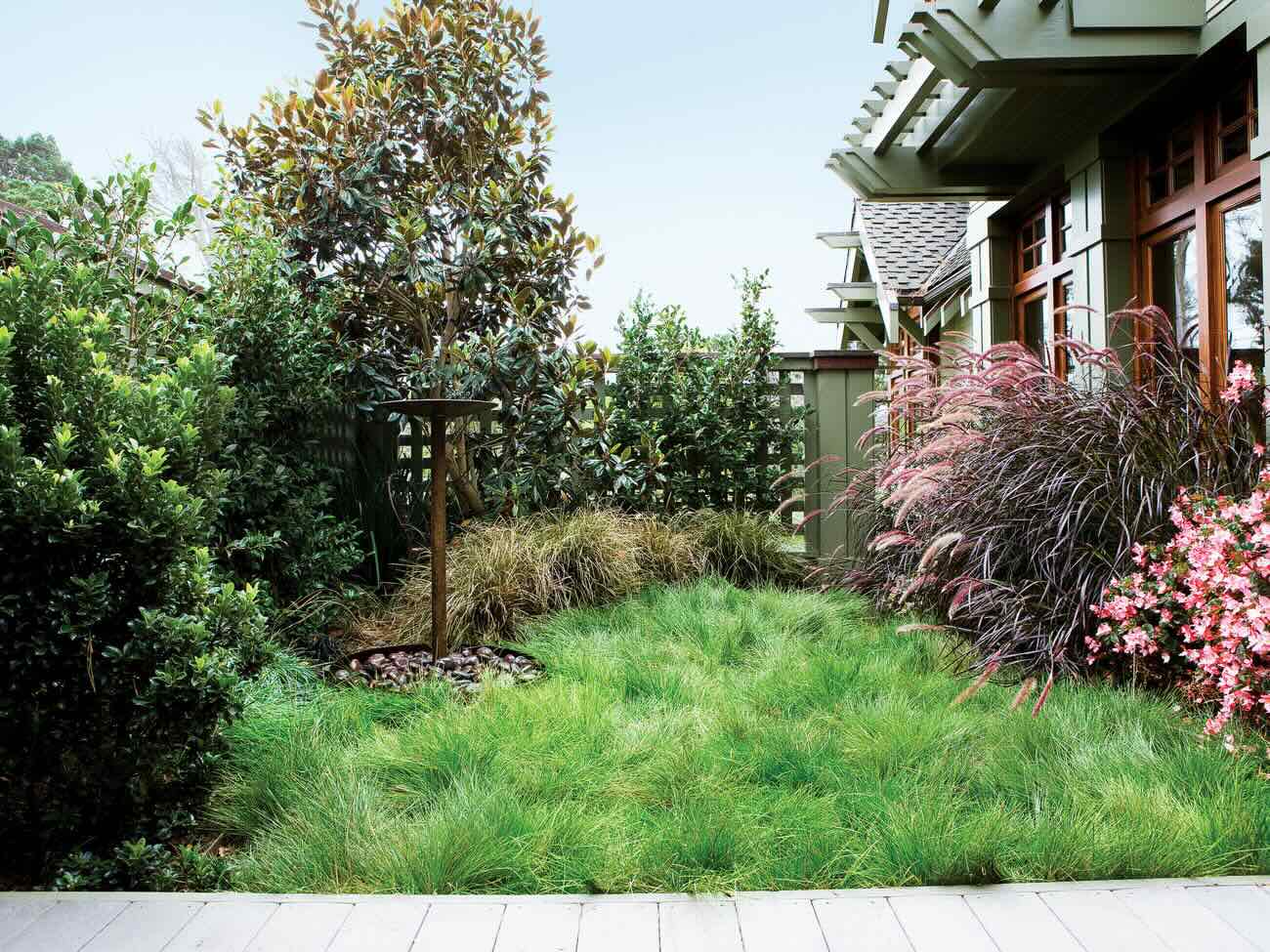
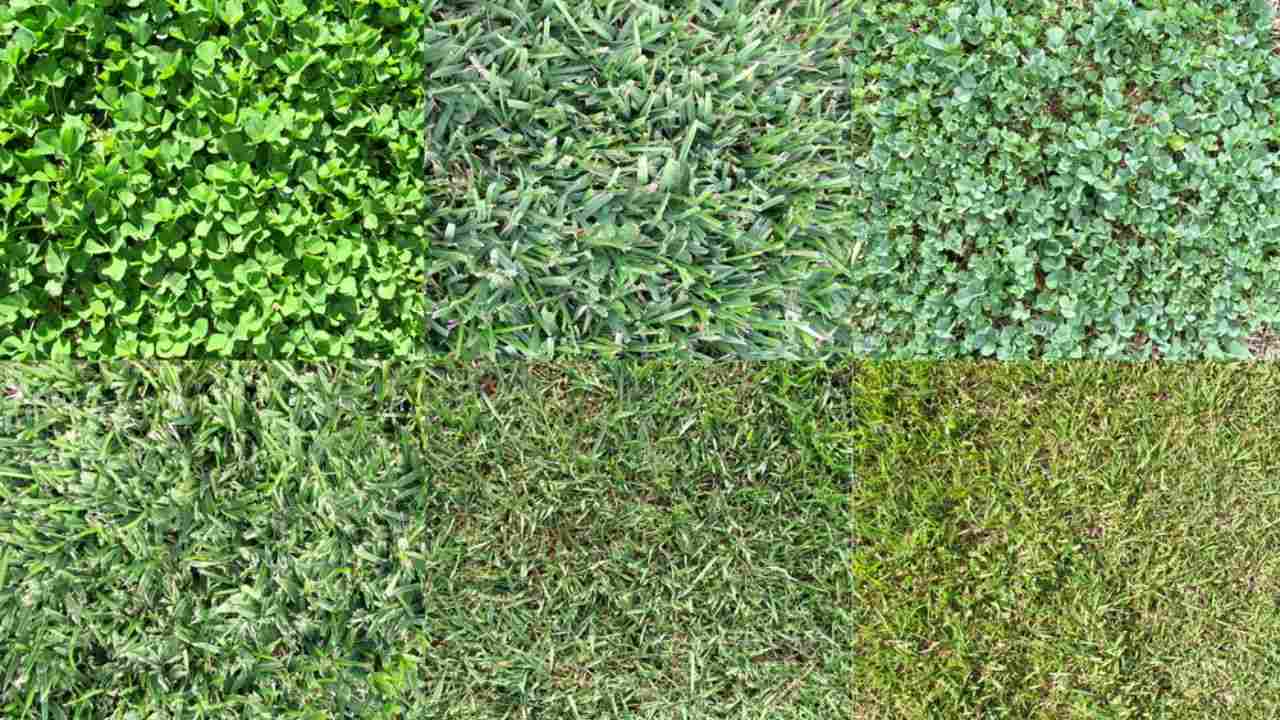
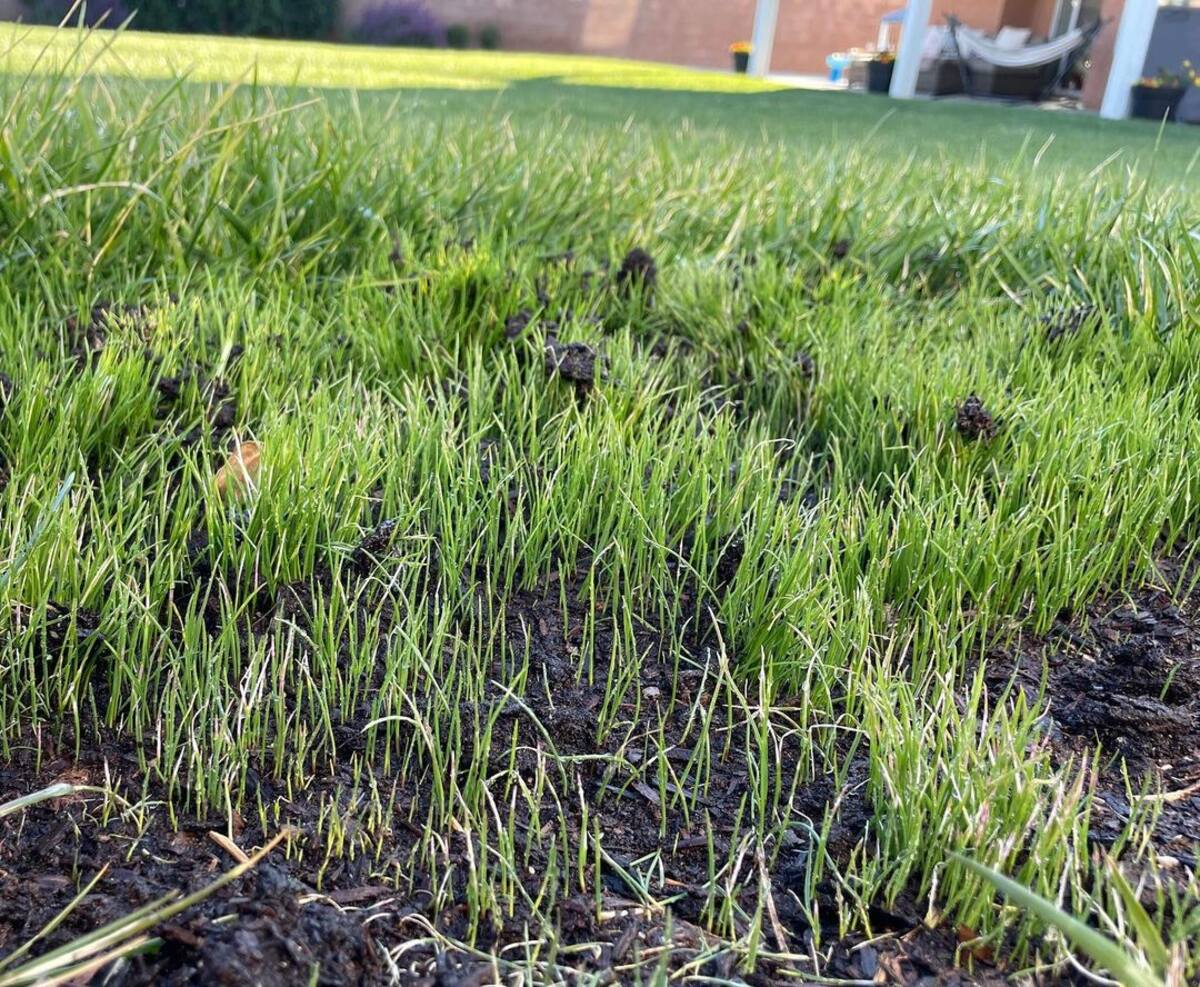
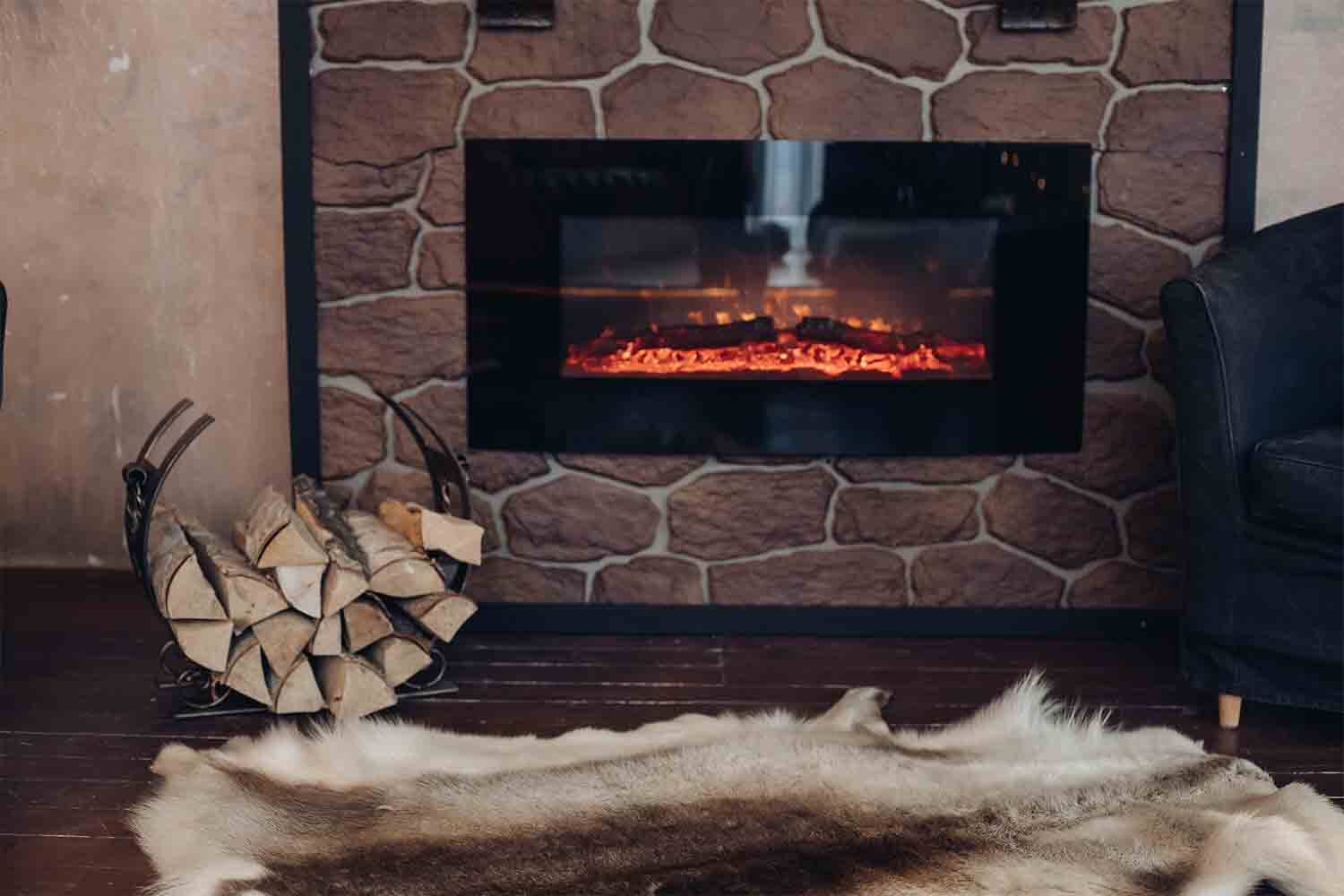
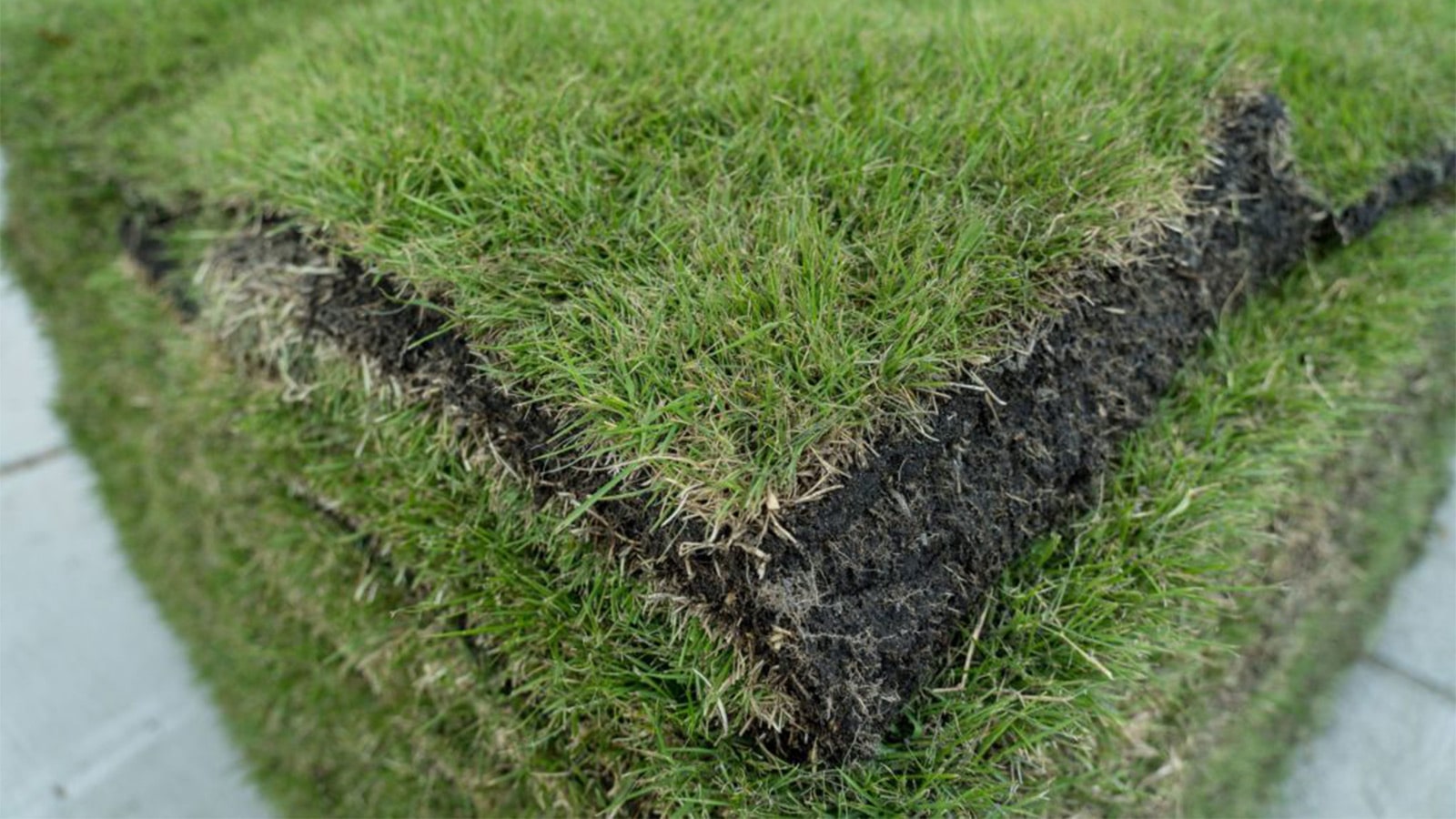
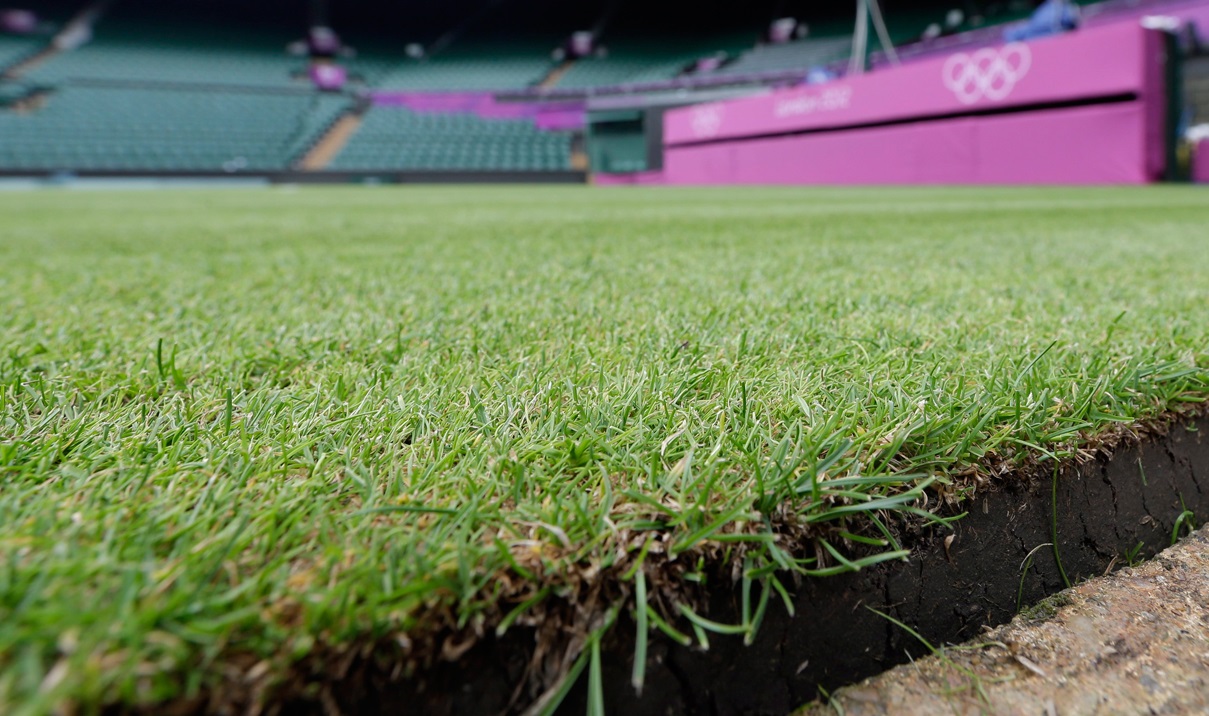
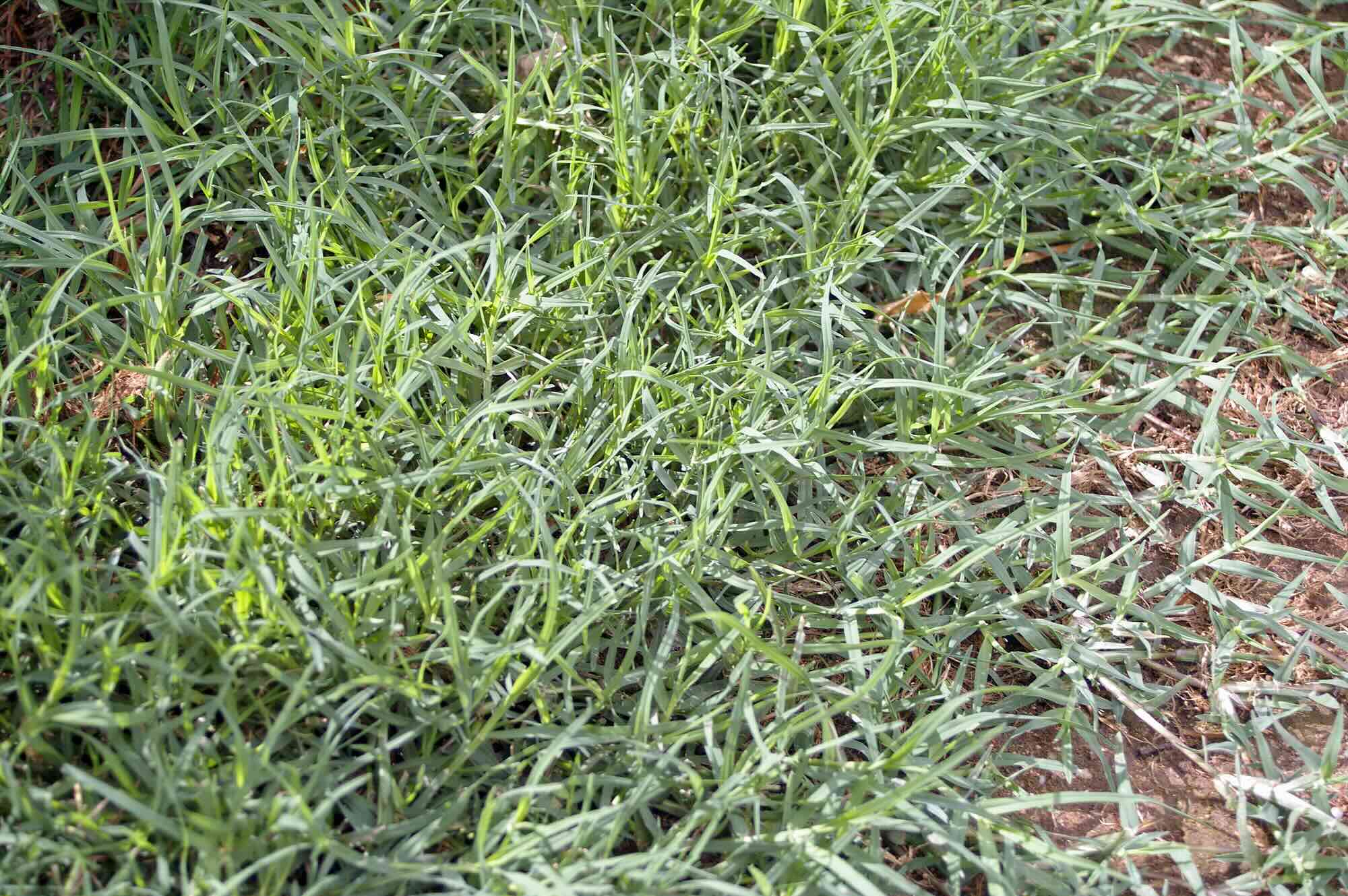
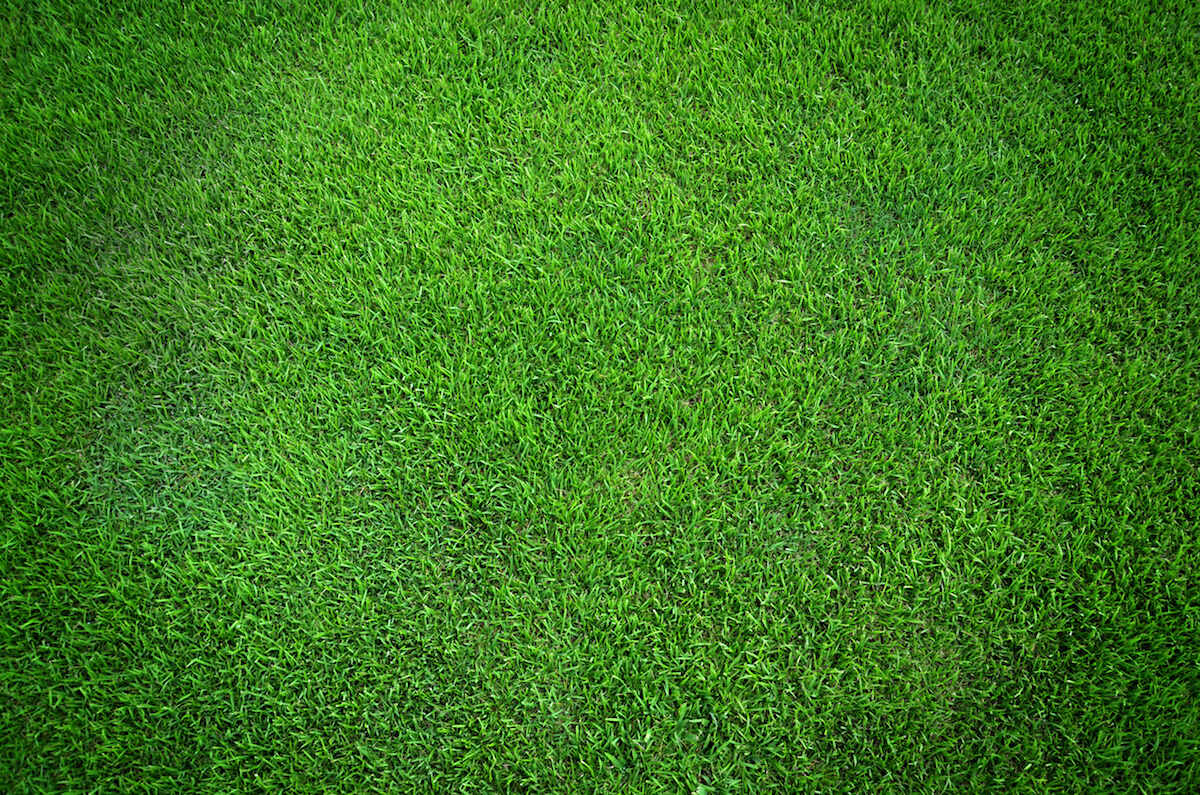
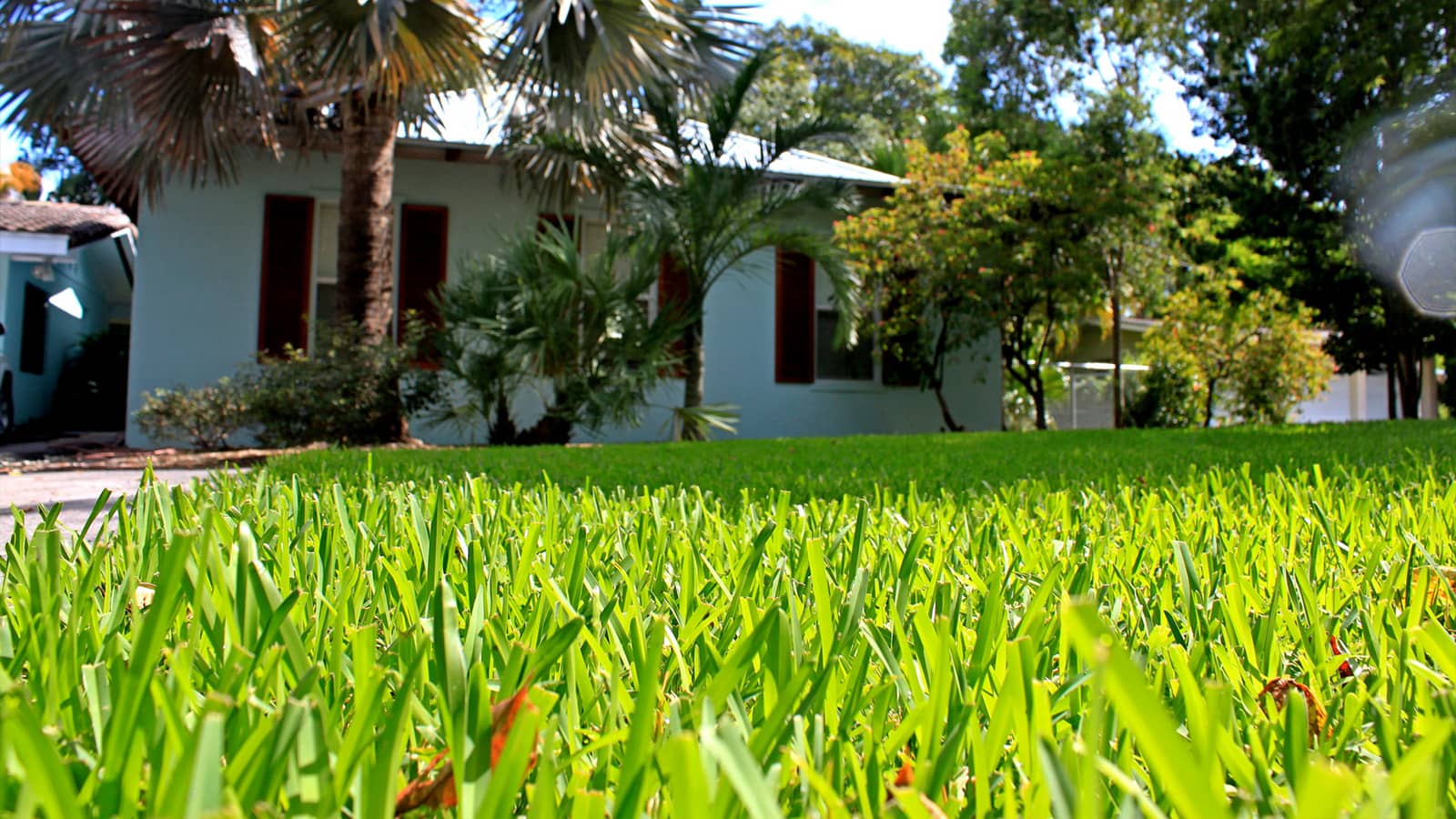
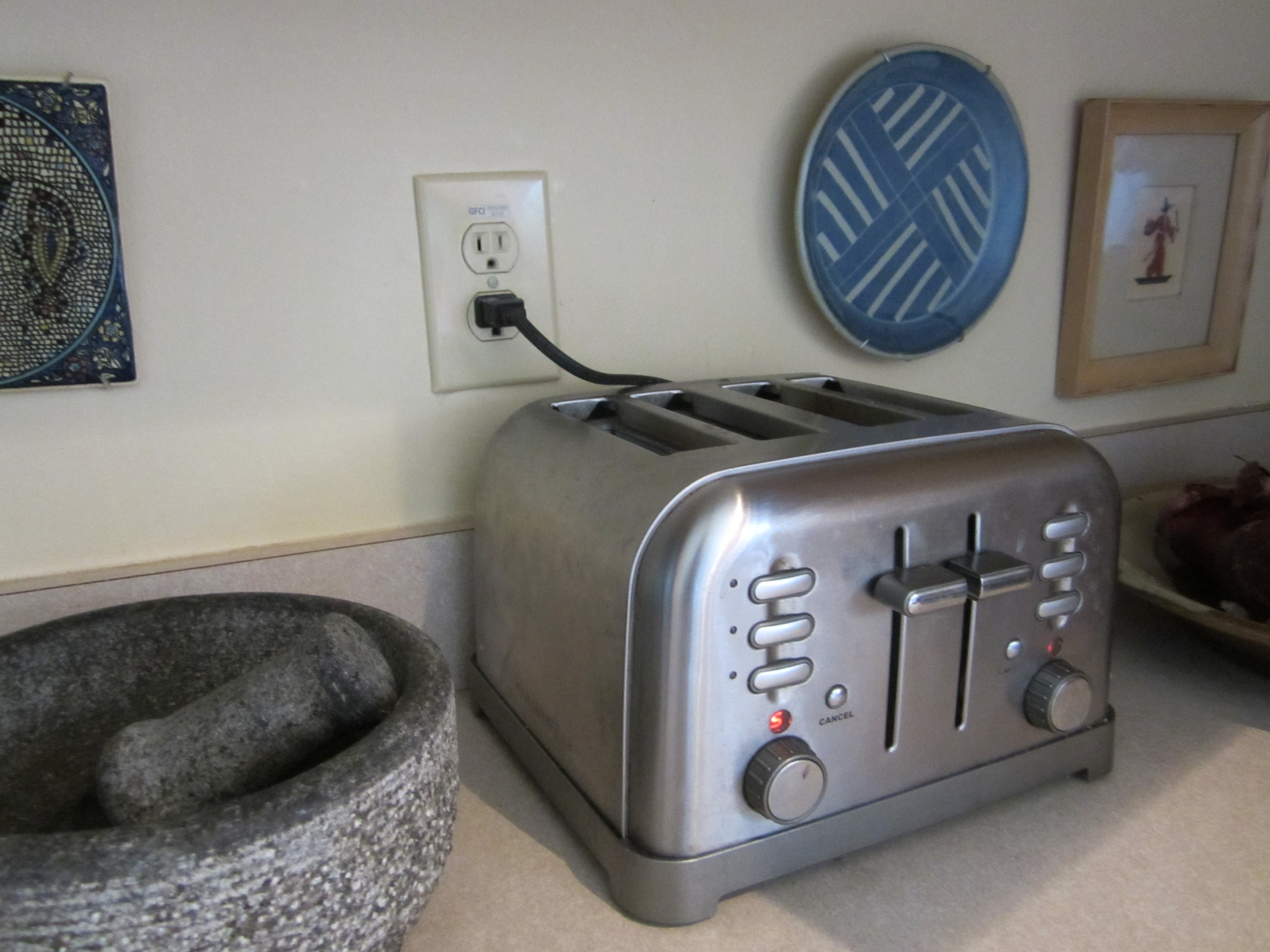
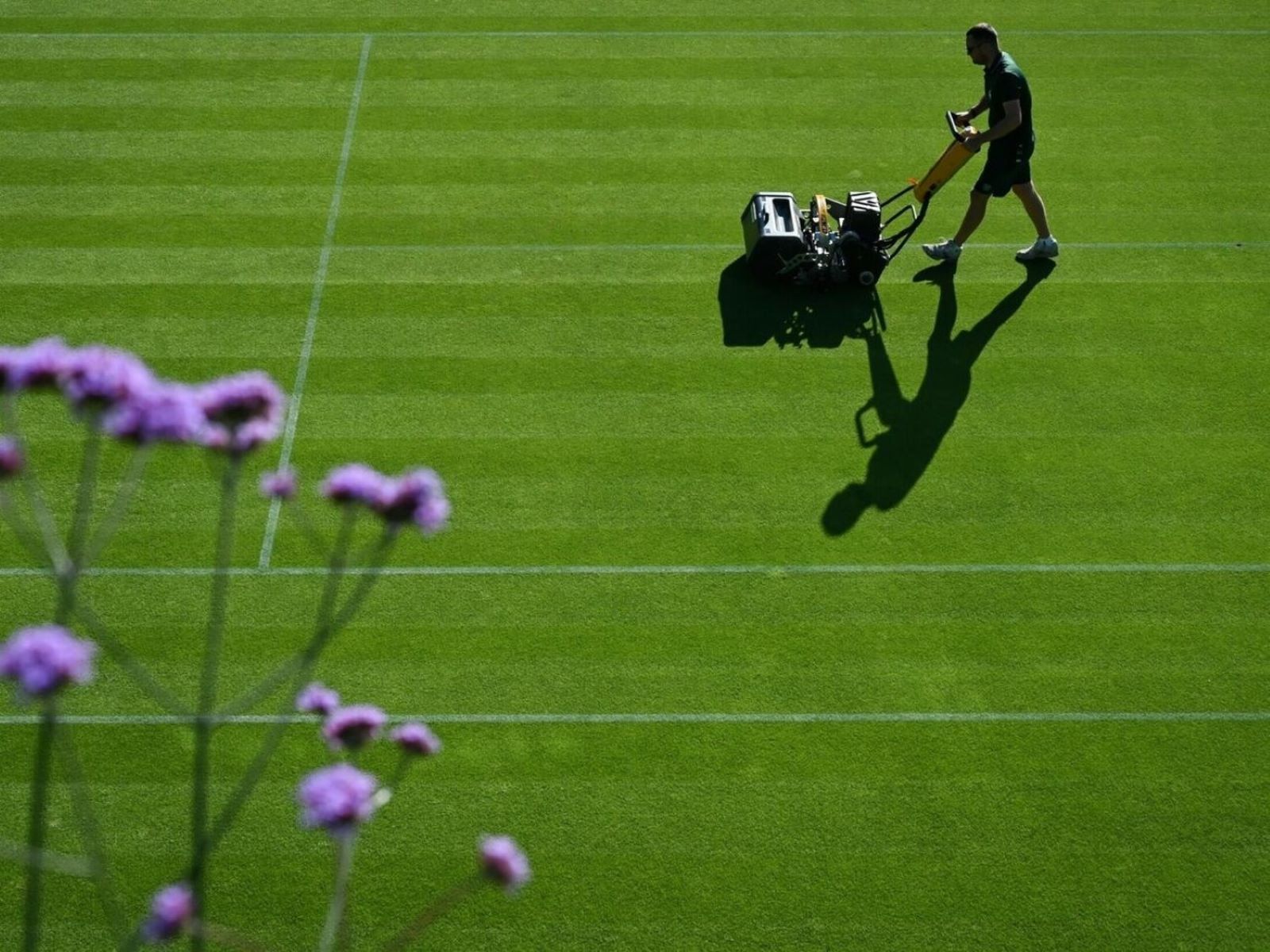
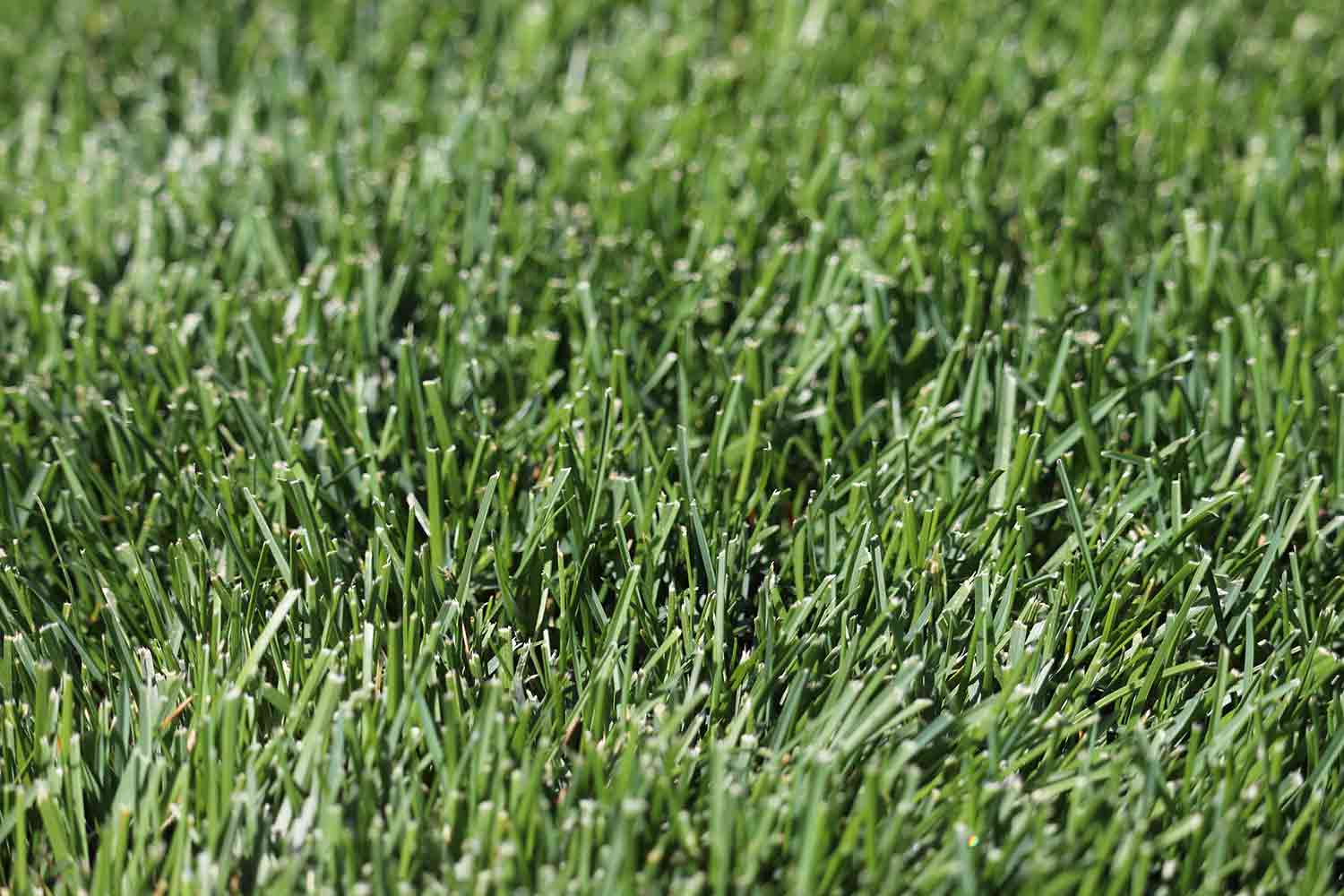

0 thoughts on “What Kind Of Grass To Have In Georgia”